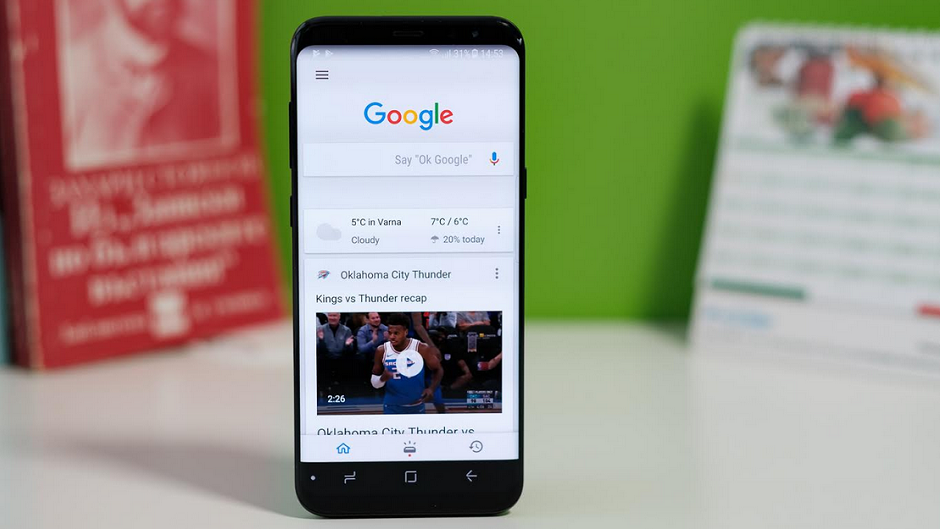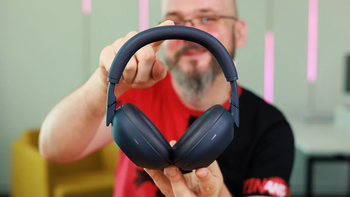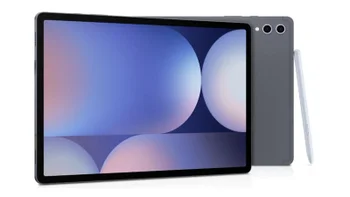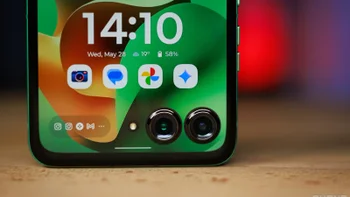Change to Google Search site ranking should lead to more relevant mobile results

Back in 2015, more Google searches were started from a mobile device than from the desktop for the first time. That led Google to announce plans in 2016 to use the mobile version of a website's content to rank pages and show "snippets" from that site. The reason why Google made this change was that even though more users were initiating a search from a smartphone or tablet, many websites had more content on the desktop version of their site. This additional content was showing up in the search results, but not on the mobile version of the site that the mobile version of Google Search would list in the results.
In December 2017, Google announced that instead of ranking search results using desktop versions of sites, it would prioritize mobile content first. By the end of last year, half the pages on the web were being indexed on this basis. And today Google announced that starting on July 1st, mobile-first indexing is enabled by default for new websites. To clarify, a website is considered to be new if it is new to the web, or previously unknown to Google Search. Other sites that are older or that already exist will be evaluated based on Google's Best Practices. That means that mobile and desktop pages should have the same content including text, images, and videos, structured data, and metadata.
For those who only have a desktop site, there will be no change. The desktop content will be considered the mobile version. That is also the case if a site automatically adjusts to screen size. Sites with separate URLs for desktop and mobile will be indexed based on the mobile URL, which is Google's preference.
"Mobile-first indexing means Google predominantly uses the mobile version of the content for indexing and ranking. Historically, the index primarily used the desktop version of a page's content when evaluating the relevance of a page to a user's query. Since the majority of users now access Google Search with a mobile device, Googlebot primarily crawls and indexes pages with the smartphone agent going forward."-Google
So what this means for you is that information you see in a search result will be found on the mobile site that is linked to the result. This will lead to more relevant results. There isn't a separate mobile-first index, as Google pointed out in its release today, and Google will continue to show the more appropriate URL to users whether it is a desktop or mobile address. The only change is that those on a mobile device are more likely to find the information that appears in a search result when they click on a link. After all, it is frustrating to get a search result that links to a mobile version of a website containing different or missing content that was viewed on a Google Search result.
Follow us on Google News












Things that are NOT allowed:
To help keep our community safe and free from spam, we apply temporary limits to newly created accounts: